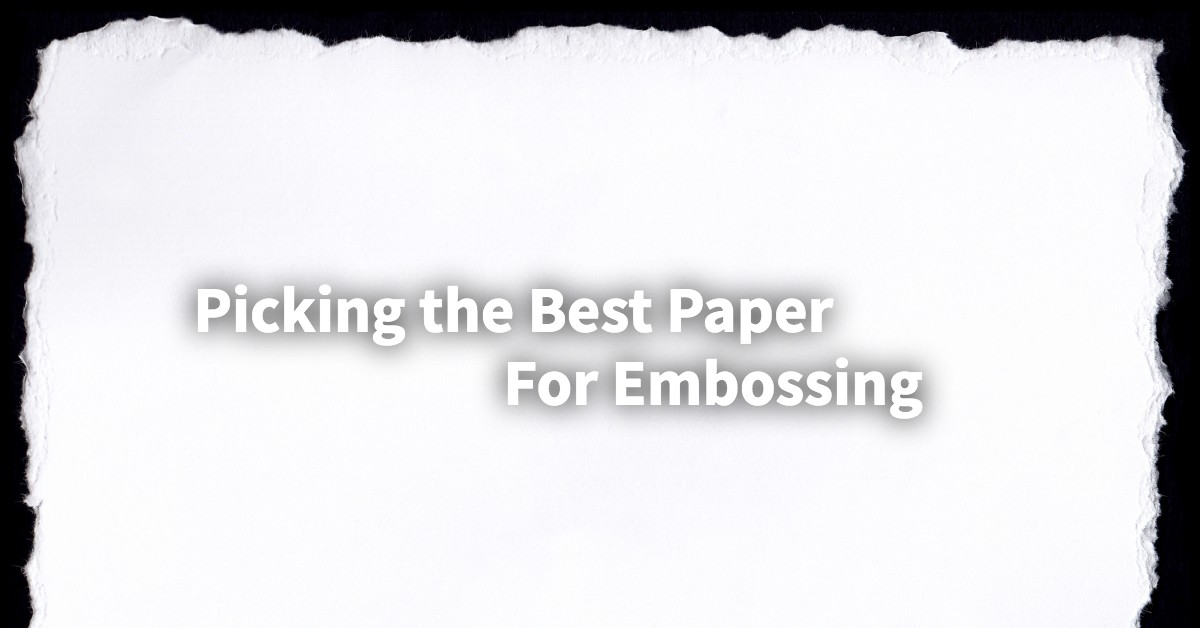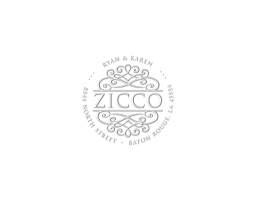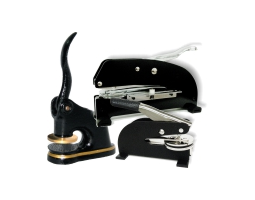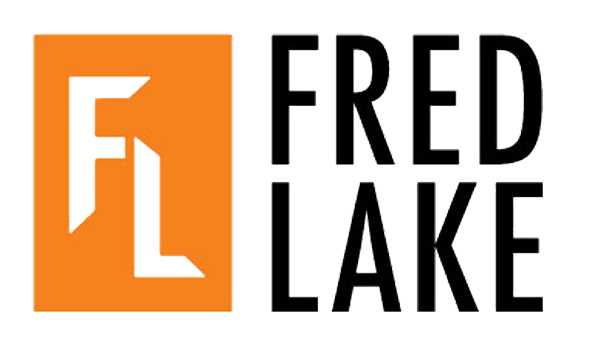
Here at Fred Lake, we know embossing, and we’re proud to carry a vast catalog of professional embossers. And, with over one hundred years of experience behind the Fred Lake name, we know a thing or two about creating the right impression through embossing. Below, we’ve laid out tips that you can employ to ensure that you’re using the right paper to make the impact that you desire.
Why Weight Matters
Paper comes in specific weights, which indicate how thick the paper is. You’ll want to invest in a thicker paper to ensure that your embosser won’t damage the surface of the paper as it creates an indentation. Thin paper (like traditional printer paper) can puncture if you press your embosser too hard, and the end result may not be as pleasing. With a thicker paper, you won’t experience any tearing or puncturing, and the look and feel will be exactly as intended. Look for paper with a weight of around 65 pounds. We recommend 65-pound or 80-pound cardstock paper for the best impressions.

Fiber Quality Counts
In addition to weight, you can look for paper that has long fibers. Look for “long-fiber” papers since these fibers are less likely to split as you press your embosser into the surface. Avoid recycled papers (which often have short-fiber pulp), and other specialty papers, which can easily tear if their fibers aren’t long enough to hold after an embossing. Coated and varnished papers are a poor choice for embossing, since their surfaces can deform and crack.
Consider Your Coloring
Next, be sure to consider the coloring of the paper that you’re using, if you’re opting to have it embossed. Take note that lighter tones are best if you’re looking to have defined shadows and textures on the surface of the paper. White, off-white, and light-hued papers work best. If you’re using an embossing foil on your documents, you can choose your document colors more freely.
Additional Tips
Now that you know how to find the right paper weight, fiber length, and colors for embossing, we have a few additional quick tips that you can employ to ensure that your documents have the best impression.
Thicker means more dramatic: If you want a dramatic impression from your embosser, with bold texture and defined shadows, pick up thicker paper. The paper thickness determines the possible depth of the impression, which means that an 80-pound paper will have more defined texture than a 65-pound paper. If you want a simple, thin impression, then lighter paper will do just fine.
Keep your impressions from the edge of the page: Folks often use their embossers in the corner of their documents and letters. While that’s a fine practice, it’s wise to remember that placing the impression too close to the edge can cause the paper to wrinkle. Move your impression in from any ede by at least a quarter of an inch. This should keep your paper from deforming, especially if you’re using a heavier paper.
Practice makes perfect: If you’re uncertain about how your embosser will look, or if you’ve found the right paper, use your embosser on a sample piece first. You don’t want to ruin a perfectly good document, and you can ensure that you use the right amount of pressure to create your impression.
Find the Perfect Embosser at Fred Lake
If you’re looking for a desk embosser to make a lasting impression on your documents (and those who receive your documents!), then we’d be happy to create the embosser you demand. Here at Fred Lake, we proudly provide completely customizable embossers, so that you can add your monogram, a graphic design, a seal of approval, a business seal — you name it. As always, feel free to reach out to us if you have any questions about our embossers or any of our other products!

